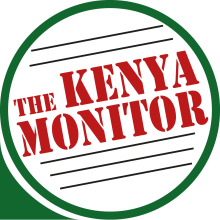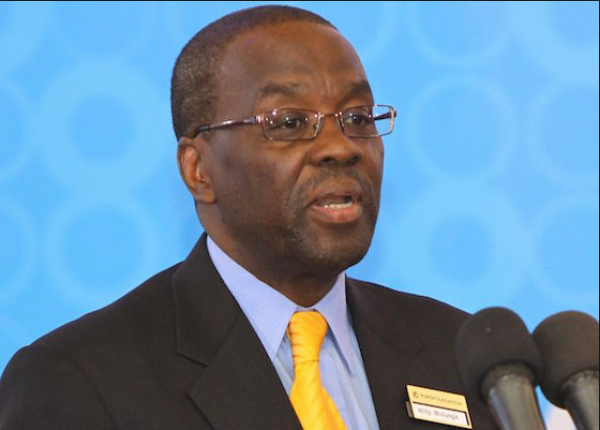By Kioko wa Kivandi
For years now Kenya has been holding discussions about the formation of a special division within the High Court with a local judicial mandate over crimes similar to the ones that were committed following the disputed 2007 presidential elections results.
The division, which has since come to be known as the International and Organised Crimes Division (IOCD) is to deal with human and drug trafficking, cyber-crime, terrorism and piracy as well as crimes against humanity.
This is a discussion that started in May 2012, approximately one year after Mutunga took over leadership at the Judiciary, and those who ever heard him talk about this division know that he was committed to its establishment – an attribute that can perhaps be linked to his background in human rights advocacy.
Mutunga however left without overseeing the real take off of the court. Choosing to retire one year before his formal time, Mutunga said he had done all he wanted to do at the Judiciary. He said he wanted to pave way for the next Chief Justice to acquaint himself with the judiciary early enough before the next election. And while leaving he promised to share his experience of the Kenyan judicial transformation with other countries in the East African region.
But he never saw the formal launch of the IOCD, a critical task he should have executed before leaving office. I will give two reasons why I see it so.
First, having been suggested following reflections on what Kenya went through after the 2007/2008 post election violence, the IOCD is to play a very important role on matters that touch on electoral reforms in the country. It is envisioned that the reforms that will come with the establishment of the IOCD will contribute, holistically, to reforms that will see the execution of electoral processes that Kenyans can trust.
Secondly, we are now done (at least on a general perspective) with the cases that we had at the International Criminal Court (ICC) and thus there should be a fall back plan, locally, should we find ourselves in the situation that we had in 2007/08. In the recent past we have witnessed scenes that shown us that we are still vulnerable to electoral violence. Should there be an eventuality next year, we need to have an institution that will guide us in judicial expeditions of electoral crimes that go overboard.
I know someone will say the IOCD can be launched even without the presence of Mutunga. I know they will say, the judiciary has life beyond Mutunga and thus as a branch within it, the IOCD will fall in place with or without Mutunga. On this I have my reservations.
Like I have stated above, the IOCD to me constitutes an electoral reforms strategy that Kenya has been longing for, for a long time. This is because, most of the atrocities we have gone through as Kenyans have been triggered by elections or issues surrounding the electoral process.
Because of this I feel, to have the IOCD launched we need to be inspired by some kind of reform agenda. Such an agenda is activist-like, and this is the reason why I feel Mutunga would have been key in bringing forth the IOCD. After all, he has had a reformist record, activist-like if you want. By leaving the judiciary without seeing the real birth of the IOCD, I feel there is likelihood we will take long before we see its take off. Or we may never see it take off.
I will thus urge Willy Mutunga to see fit how he can still influence the establishment of the IOCD as he assumes his new roles. He could as well consider overseeing the entity. He is the best candidate to do so and the IOCD is one of the best gifts he can offer Kenyans, more so the victims of the post election violence of 2007/2008 and all those who have been victims of election related impunity.
The writer is a Nakuru based journalist studying for a Master of Arts in Communication at Egerton University


